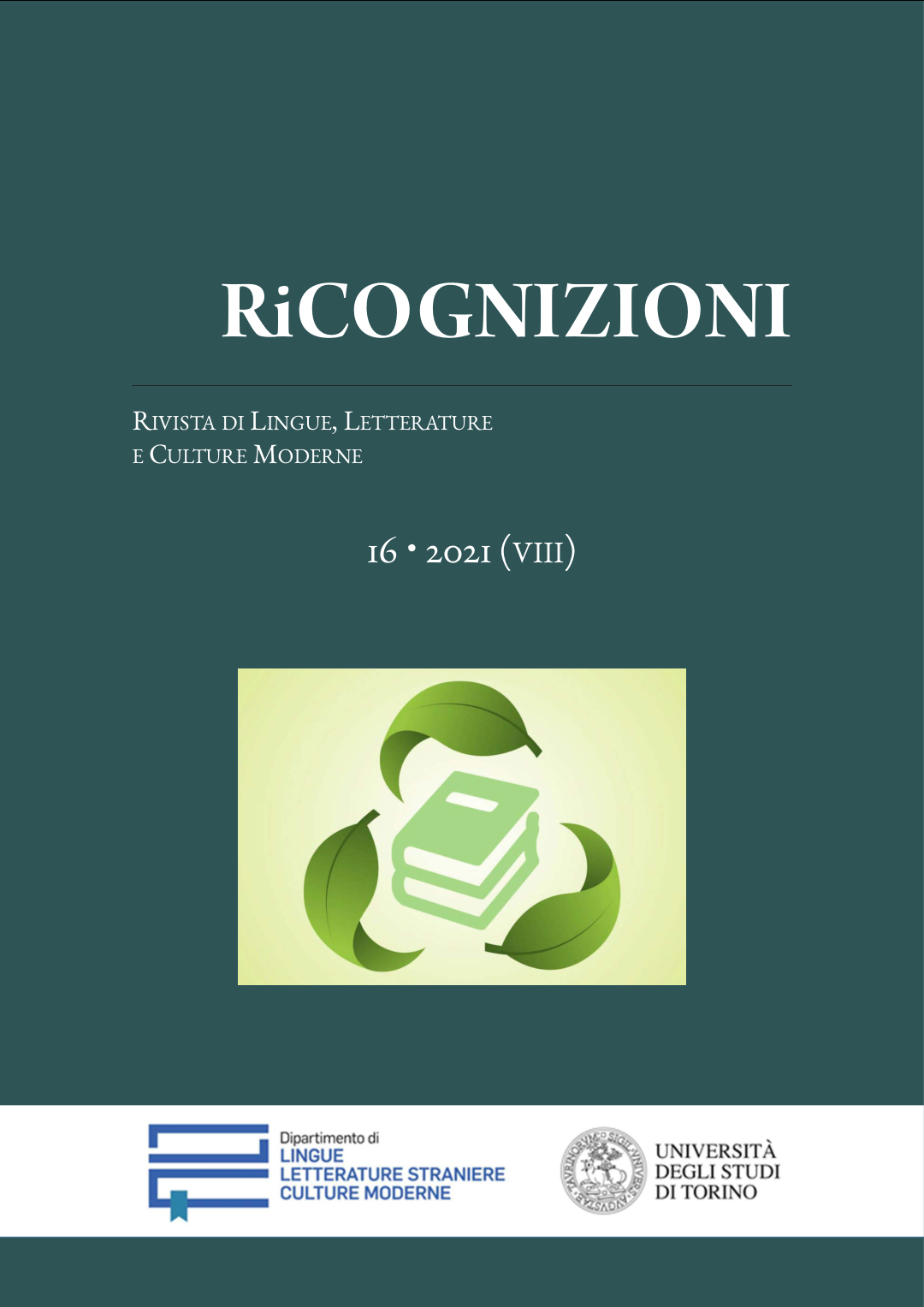« Signes d’un monde libre » – Les objets occidentaux dans les romans roumains d’après 1989 sur l’enfance et l’adolescence communistes
DOI:
https://doi.org/10.13135/2384-8987/6076Abstract
Abstract: One of the recurring themes in post-communist Romanian literature (whether fictional or not) concerns the childhood and adolescence experienced during the communist period. Romanian literary critics have formulated a whole series of hypotheses related to the frequency of this theme, signaling, on the one hand, the change of paradigm in the construction of the child-character in Romanian literature (Mihalache) and, on the other hand, the contribution of these stories to the cultural memory of Romanian communism (Mironescu, Simuț). In the wake of both hypotheses, our study offers a new critical perspective, focusing on novels written after 1989, that deal with childhood/ adolescence during communism. The protagonists ’interactions with Western cultural objects/ products represent the semiotic trail that allows us to shed light on specific processes concerning the formation of subjects’ identity. Through Western consumer products, the protagonists create a dichotomous representation of the world (here vs. beyond), they receive explanations in their own ‘language’ about the world in which they live (both children and adolescents cannot internalize the implications of the totalitarian regime, although they can discern the difference between the taste of Quik Cola and that of Coca-Cola). However, they use it to better articulate their aspirations, built on models from the Western music or film industry.
Downloads
Published
How to Cite
Issue
Section
License
RiCognizioni is published under a Creative Commons Attribution 4.0 International License.
With the licence CC-BY, authors retain the copyright, allowing anyone to download, reuse, re-print, modify, distribute and/or copy their contribution. The work must be properly attributed to its author.
It is not necessary to ask further permissions both to author or journal board.








